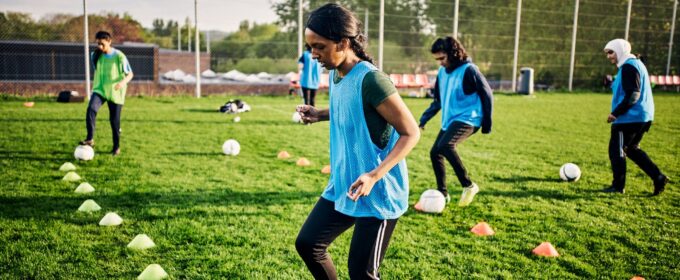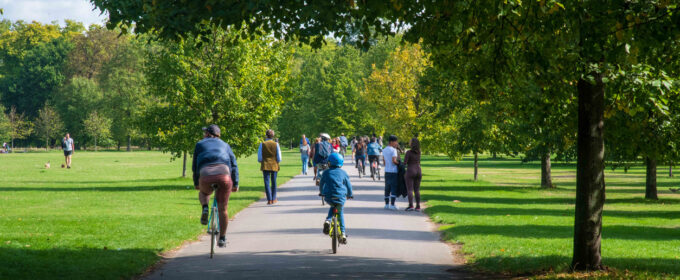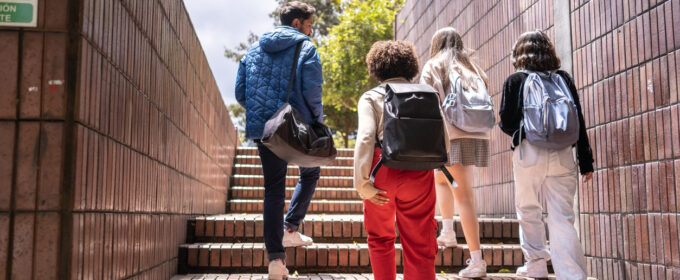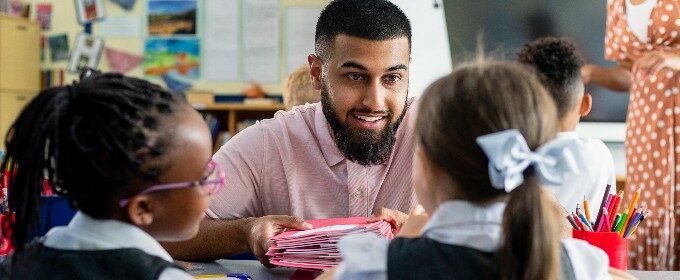Adolescent wellbeing is a predictor of school attainment, adult mental health, relationships, and socioeconomic outcomes. However, the wellbeing of young people in the UK has significantly decreased in the last two decades. Current research into creative health has found increasingly positive links between supporting participation in arts, culture, entertainment,and sports (SPACES) and young people’s wellbeing. […]









